Positive signal
Chinese experts said Li's trip brought into full play the face-to-face interactions to increase trust and dispel doubts and injected fresh impetus into the trade and economic ties between China and Europe. The trip also stressed common development as the way to cope with global economic woes, they noted.
Yang Chengyu, an assistant research fellow at the Institute of European Studies of the Chinese Academy of Social Sciences, told the Global Times on Saturday that positive results have been achieved by the Premier's visit as he dispelled the noise of decoupling by further explaining China's stance.
The Premier has made it clear that intensifying economic and trade cooperation does not have to be associated with national security issues, and this has dispelled some of the doubts, Yang said.
Li Yong, a senior research fellow at the China Association of International Trade, told the Global Times on Saturday that by stressing China's commitment to win-win cooperation with Europe in trade and economic matters, and articulating the Chinese understanding of de-risking, trust is enhanced and doubts are dispersed.
It is of great significance that the Chinese Premier reiterated and reminded European leaders that China will continue to deepen its reform and opening-up, in a sign that hits back against geopolitical cold war noises and reactivates calls for pragmatic cooperation, according to Chen Jia, an independent analyst focused on global strategy.
On June 20, the European Commission, the EU's executive arm, unveiled a European Economic Security Strategy, which focuses on "minimizing risks" arising from certain economic flows in the context of rising geopolitical tensions.
A few days earlier, the commission called on more EU nations to ban the Chinese telecoms groups Huawei and ZTE.
In mid-June, the German government said it views China as "a partner, competitor and systemic rival" in its first national security strategy report.
However, Yang noted that the European de-risking efforts are of a fundamentally different nature than those of the U.S.
Liu Ying, a research fellow at the Chongyang Institute for Financial Studies, Renmin University of China, told the Global Times on Saturday that the multiple results were achieved from Premier Li's trip, including agreements on various dialogue mechanisms, it will further enhance and deepen China-Germany and China-France trade and economic ties, and will inject stability and new growth momentum into the global economy and industrial and supply chain, which is currently rife with disruptions.
Compared with some of the so-called long-term concerns, cooperation on development can best address the issue the world currently faces, Liu said.
Bilateral cooperation is expected to receive a boost in vitality toward the goal of high-quality development, and it can be expected that this effect will partially offset the risks caused by U.S.-led countries' push for decoupling at a critical time when the world faces unprecedented economic downward pressure characterized by a surge in financial risks in the West, Liu said.
The stable and sound economic and trade ties between China and Europe are of great benefit to the two sides, which are seeing an unsteady recovery from the pandemic, Yang said.
More foreign companies are attracted to China amid its push to better improve its business environment,. In the first five months, newly set up foreign enterprises increased by 38.3 percent to 18,532, data from the Ministry of Commerce showed on June 15.
During the same period, foreign direct investment from France to China increased 429.7 percent year-on-year, the data showed.








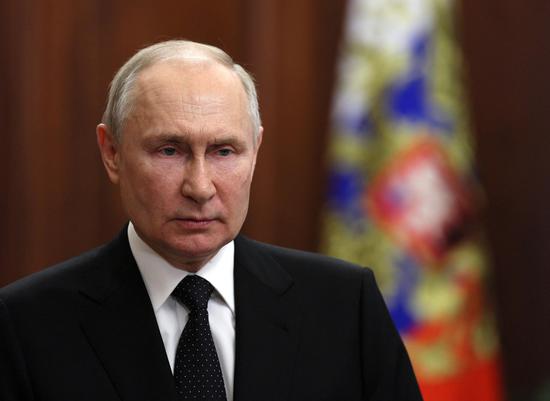
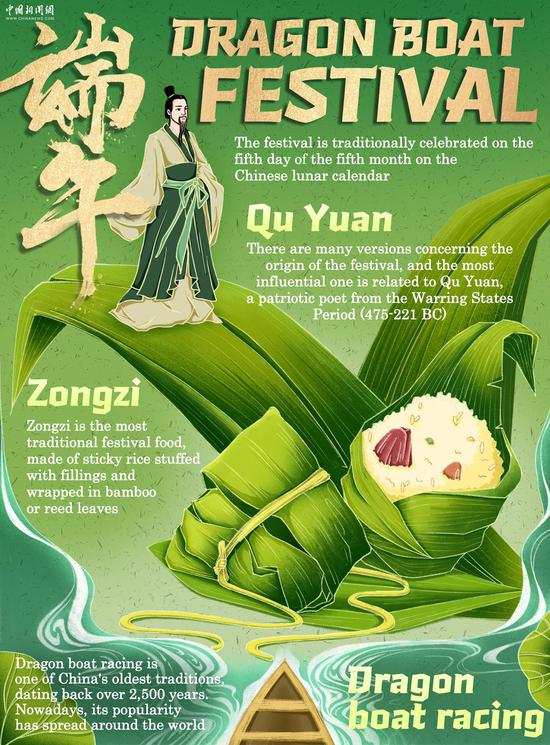



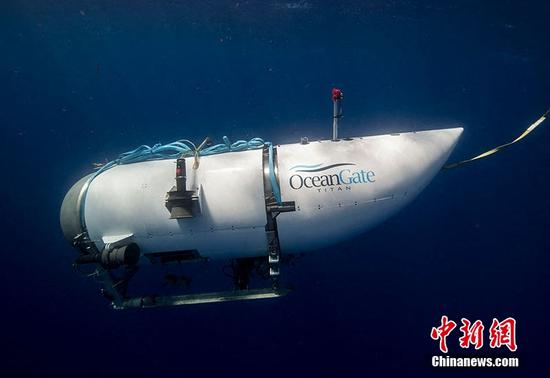
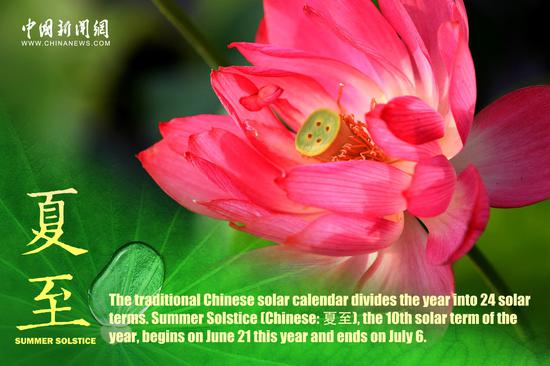


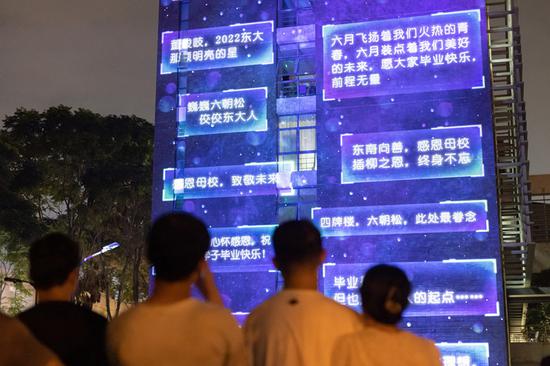
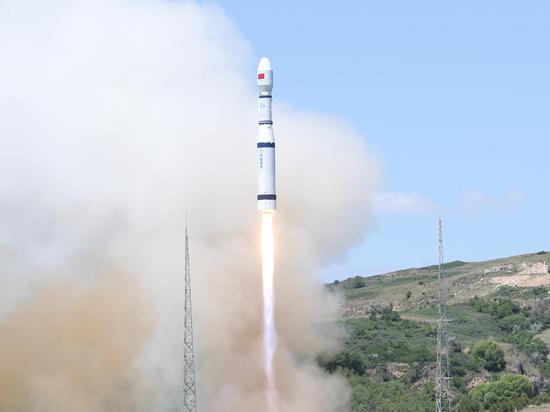
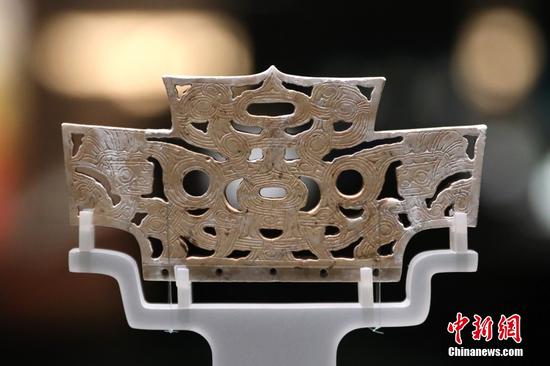



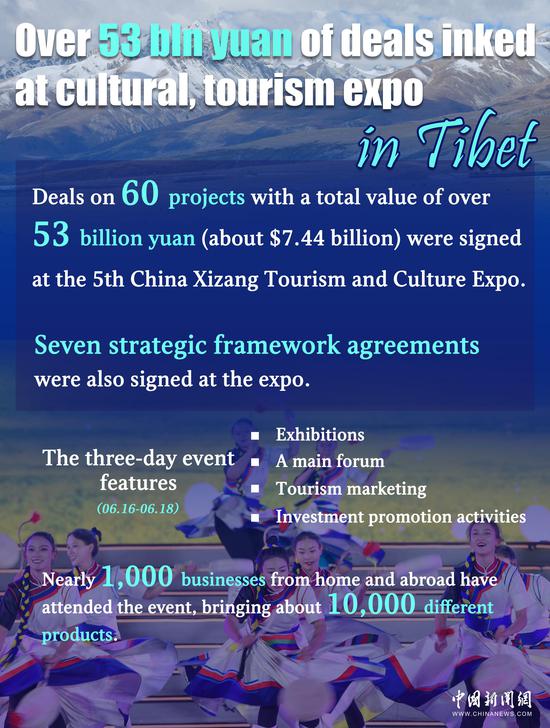





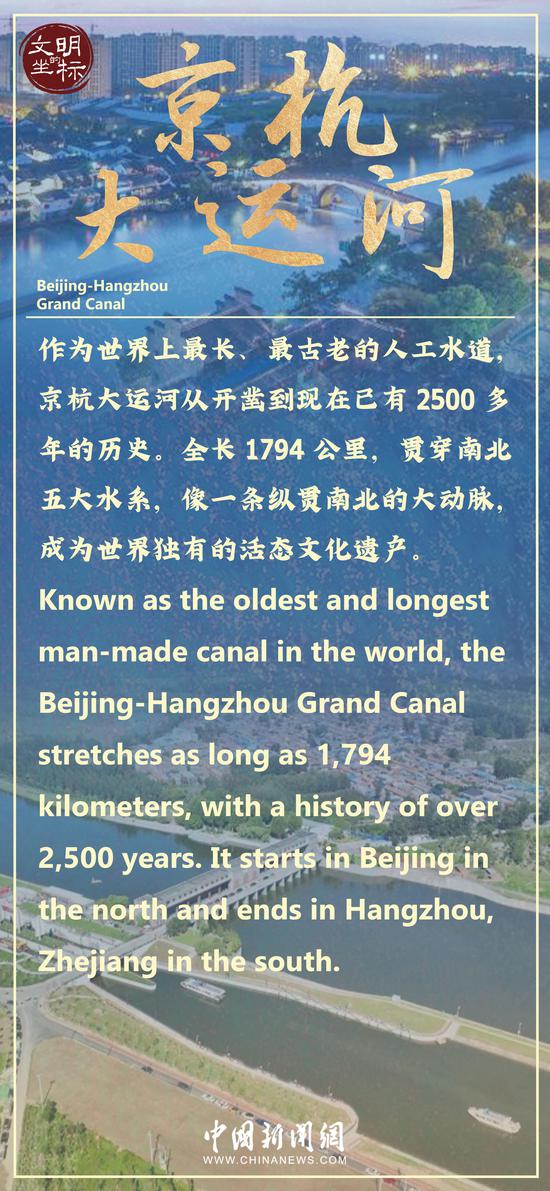




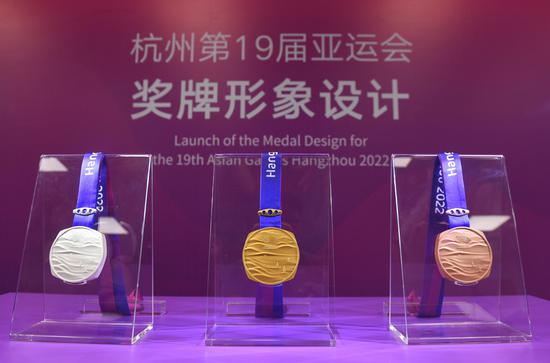



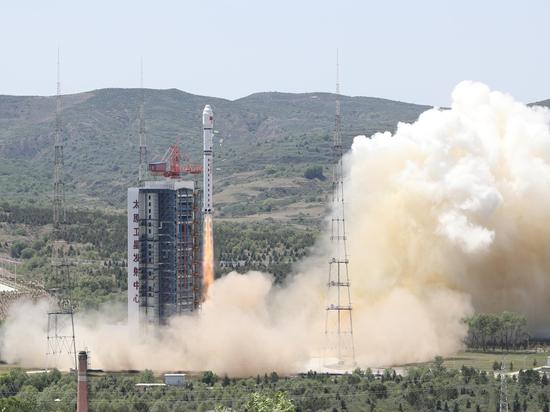


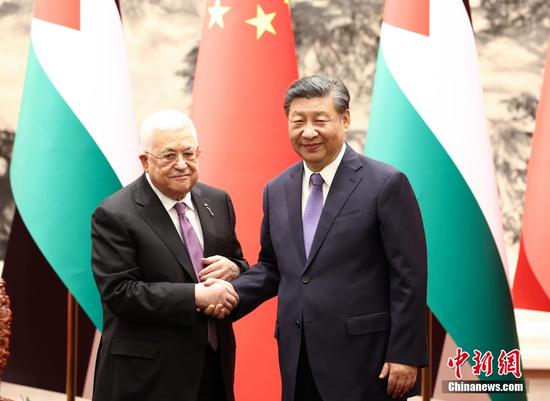
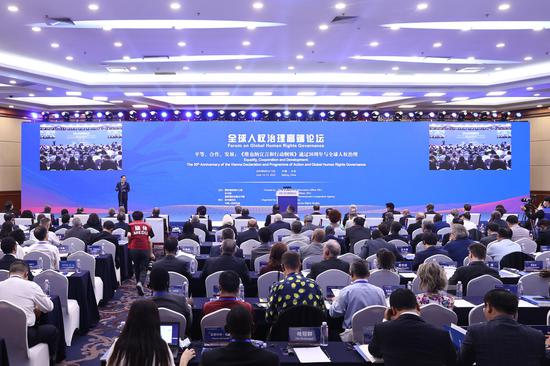

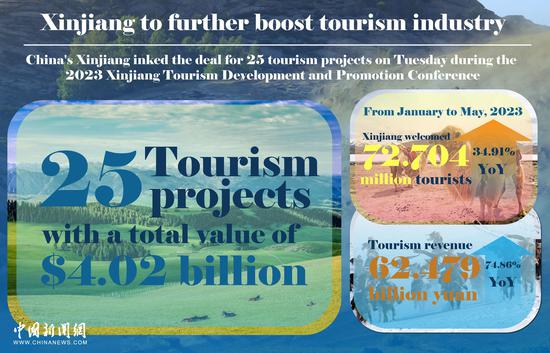





 京公网安备 11010202009201号
京公网安备 11010202009201号
